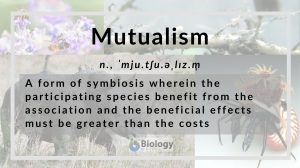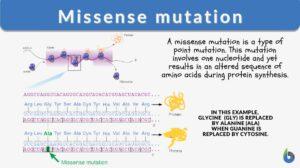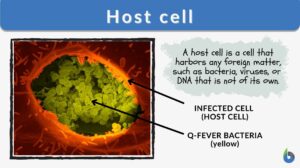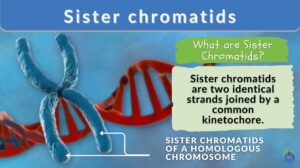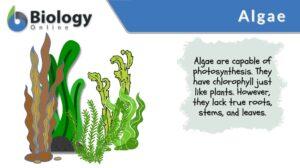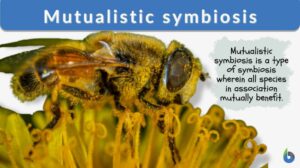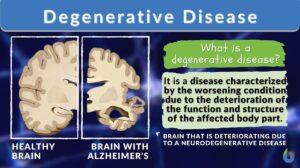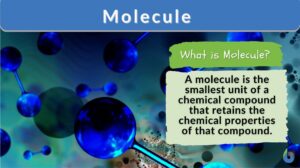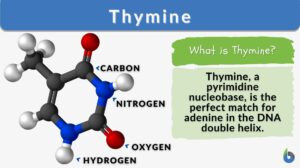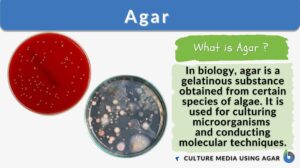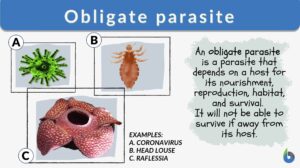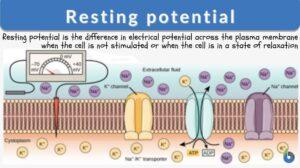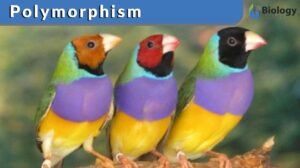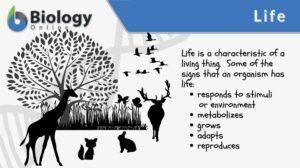Search Results for: association
Loose associations
Definition of Loose Associations When asked to define loose associations in psychology one can tell that it is a formal... Read More
Laws of association
Laws of association principles formulated by aristotle to account for the functional relationships between ideas; the law of... Read More
Commensalism
Commensalism Definition What is commensalism? Literally, commensalism is a Latin word that means ‘to eat at the same... Read More
Unconditioned stimulus
An unconditioned stimulus inherently triggers an automatic response, not reliant on deliberate prior learning. In contrast... Read More
Association
Association 1. (Science: neurology) correlation involving a high degree of modifiability and also consciousness. 2.... Read More
Plant association
plant association A grouping of plant species, or a plant community, that recurs across the landscape. Plant associations... Read More
Null hypothesis
Null Hypothesis Definition Null hypothesis is defined as “the commonly accepted fact (such as the sky is blue) and... Read More
Missense mutation
What is a missense mutation? Literally speaking, a mutation that changes the meaning of the encoded gene sequence is the... Read More
Parasitism
Organisms depend on different sources of food to survive. Larger organisms like plants make their own food (autotrophs) and... Read More
Sister chromatids
Sister Chromatids Definition Sister chromatids are defined as the two identical copies of a single replicated chromosome... Read More
Fundamentals of Anatomy & Physiology (7th Ed) by F.H. Martini
Fundamentals of Anatomy & Physiology (7th Edition) ... Read More
Mutualistic symbiosis
Mutualistic Symbiosis Definition In order to understand what a mutualistic symbiotic relationship means, we will break down... Read More
Degenerative disease
Degenerative Disease Definition A degenerative disease is defined as a disease characterized by the worsening condition due... Read More
Association constant
Definition noun A mathematical constant that describes the bonding affinity between two molecules at... Read More
Biorefineries – Industrial Processes and Products: Status Quo and Future Directions
Biorefineries - Industrial Processes and Products: Status Quo and Future Directions ... Read More
Hypothesis
What Is Hypothesis? A scientific hypothesis is a foundational element of the scientific method. It's a testable statement... Read More
Obligate parasite
Parasitism is a form of symbiosis that occurs between a parasite and its host. The parasite is the organism that generally... Read More
Resting potential
Resting Potential Definition The resting potential of a cell is defined as the difference in electrical potential across... Read More
Autocrine signaling
Autocrine Signaling Definition What is autocrine signaling? Autocrine signaling is a type of cell signaling wherein a cell... Read More
Polymorphism
Polymorphism Definition The occurrence of two or more different forms or morphs in the population of a species is referred... Read More
Somatic nervous system
Definition noun The part of the peripheral nervous system that consists of afferent nerves responsible in relaying motor... Read More
Parasitology
Definition noun A scientific study of parasites, their hosts, and the relationship between the parasite and the... Read More
Nuclear body
Definition noun plural: nuclear bodies nu·cle·ar bod‧y, ˈnjuː.kli.ər ˈbɒdi Any of the prominent non-membraned,... Read More
Brown bear
Brown Bear Definition The brown bear (Ursus arctos) is a large bear species. In North America, brown bears are often... Read More
Overview of Chirology
Psychodiagnostic Chirology (PDC) is a comprehensive diagnostic discipline applied by professional behavioral specialists in... Read More
Macrophytes
Introduction Examples of Macrophytes. (Source: Canada's AquaticEnvironments) ... Read More
The consequences of antibiotic use in horticulture
Leading articles Frederick R. Falkiner* Department of Clinical Microbiology, Trinity College, Dublin; Central Pathology... Read More
Addressing the Unmet Medical Need for Safe and Effective Weight Loss Therapies
Perspective Addressing the Unmet Medical Need for Safe and Effective Weight Loss Therapies Cynthia M. Arbeeny Address... Read More
SENI Biometric Analysis on the extinct Scincidae species: Macroscincus coctei (underlined)
Brian L. Schnirel Leeway Corucia Research Center (LCRC) Courtesy: Polyphemos (2004) Introduction: It has been... Read More
Bondok’s Classification of the Thalamic Nuclei
Anatomists usually classify the thalamic nuclei according to their relation to the internal medullary lamina into 5 groups:... Read More





